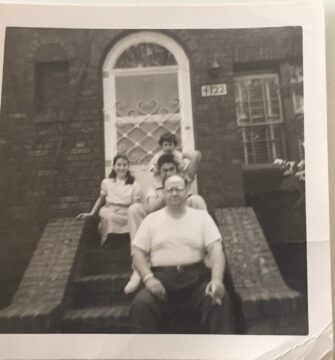by Rebecca Baumgartner

It feels like every week tech journalism brings us a dispatch about the “end” of something: we’re told now that we’re reaching the end of foreign-language education due to advances in AI translation.
It’s true that no field of study is immune from journalistic swagger about our AI-saturated future, but this seems especially true for the arts and humanities, which have been said to be declining for a long time – and which, because their defenders struggle to articulate a compelling ROI, make them appear, to some people, ideal for outsourcing. According to this view, learning French is on a level with monotonously picking orders in a warehouse: If nobody wants to do it, let’s make the AI do it. And it seems that fewer and fewer of us want to learn French – and most other languages, too.
I think the world would be a better place if no human being had to pick orders in a warehouse ever again. By all means, let the robots knock themselves out trying to optimize how quickly we get our Amazon orders. They don’t have a soul to crush. But unlike the rote, mindless work that many humans currently have to do to make a living, creating and enjoying culture isn’t a burden we should rush to relieve ourselves of. Cultural products are not something that can – or should – be optimized in the way that AI models (and the humans behind them) lead us to believe they can.
By the way, it’s important to note that this has nothing to do with whether AI language models can translate a given text “correctly” (however that’s defined for a given text). It’s not even a question of whether the resulting translation is good or not, according to some normative standard of eloquence or naturalness. Read more »




